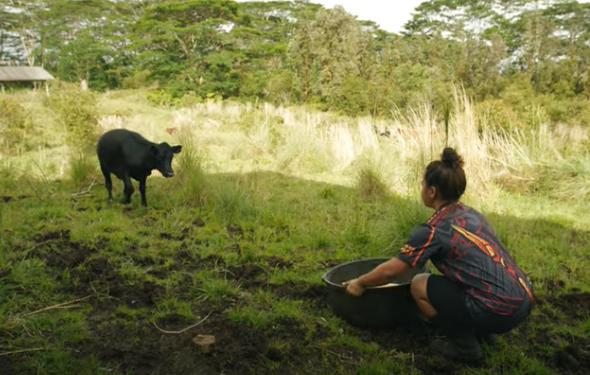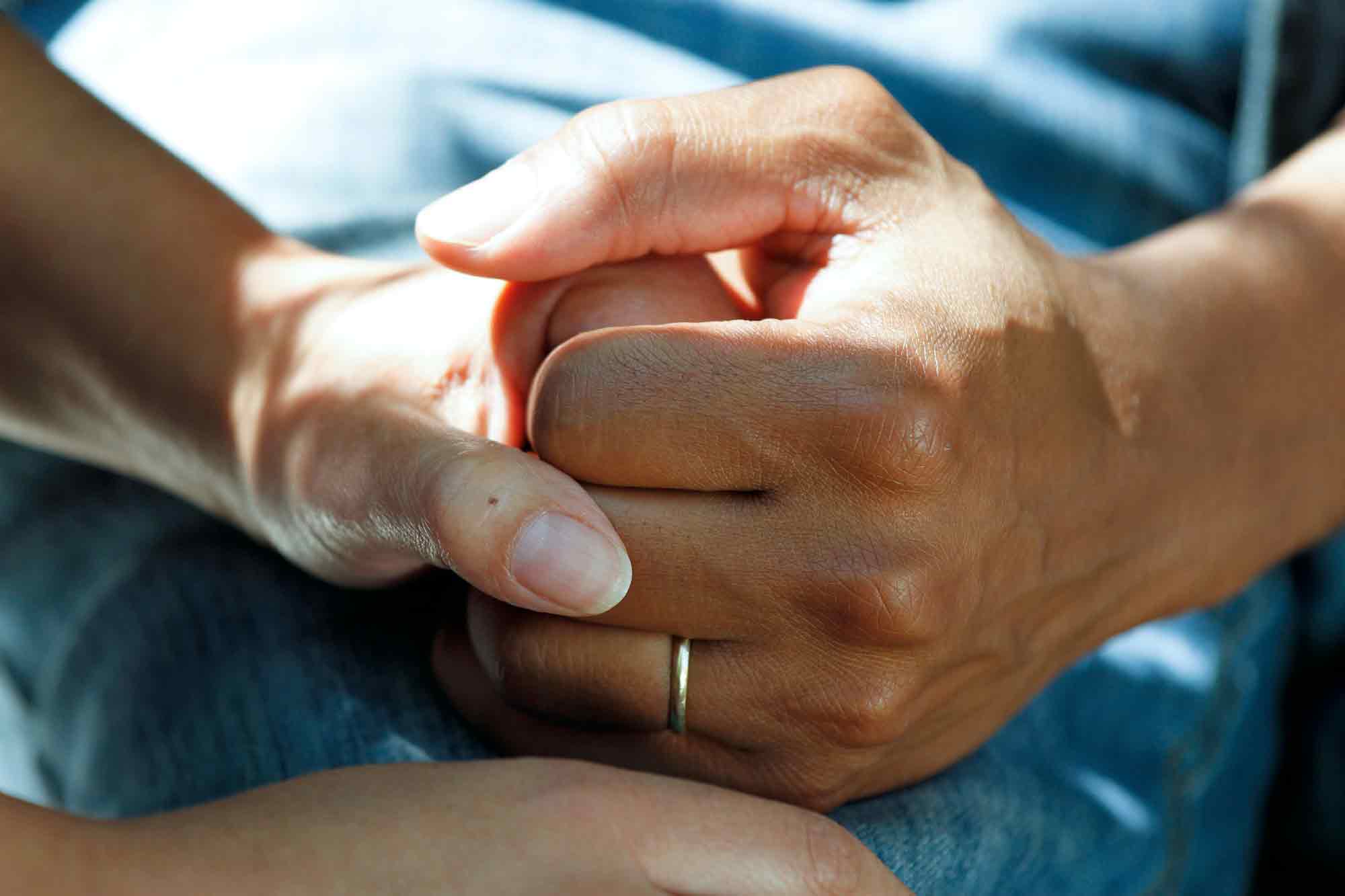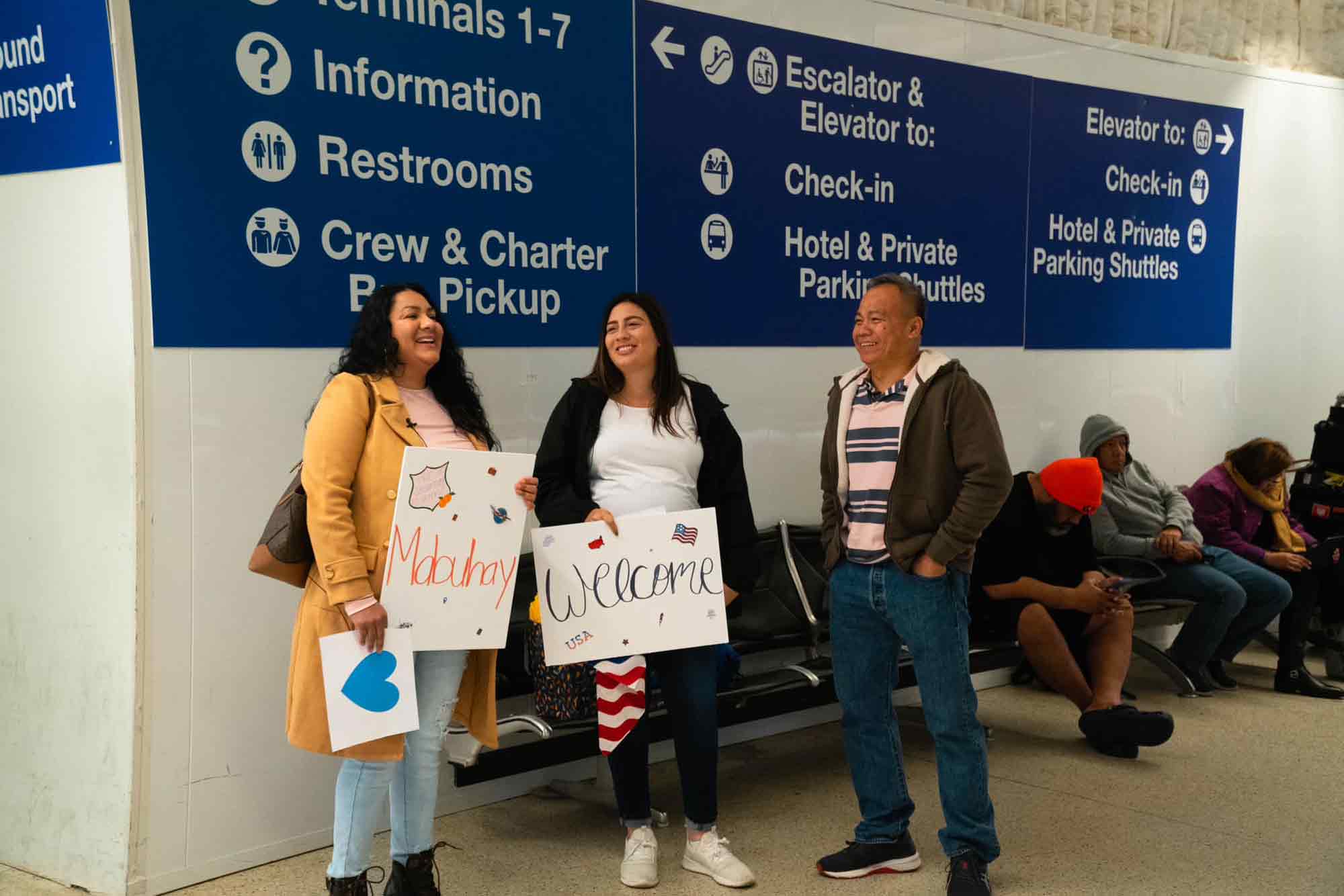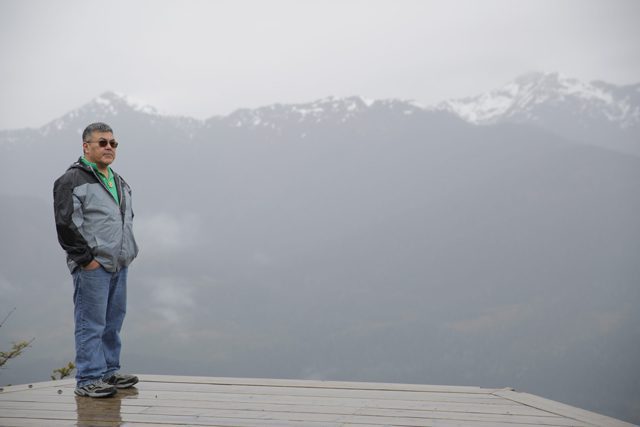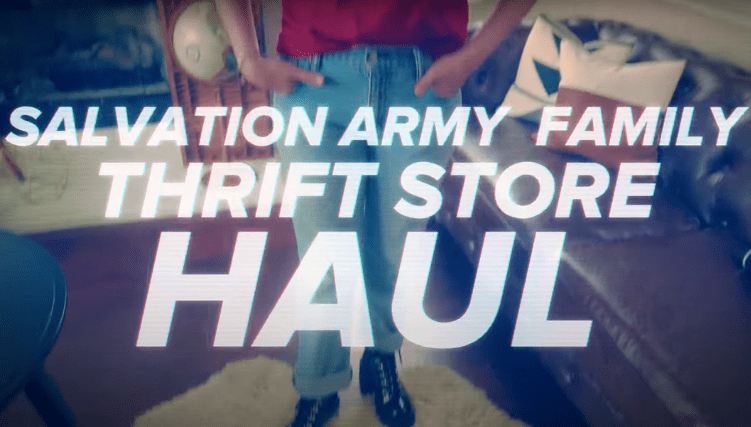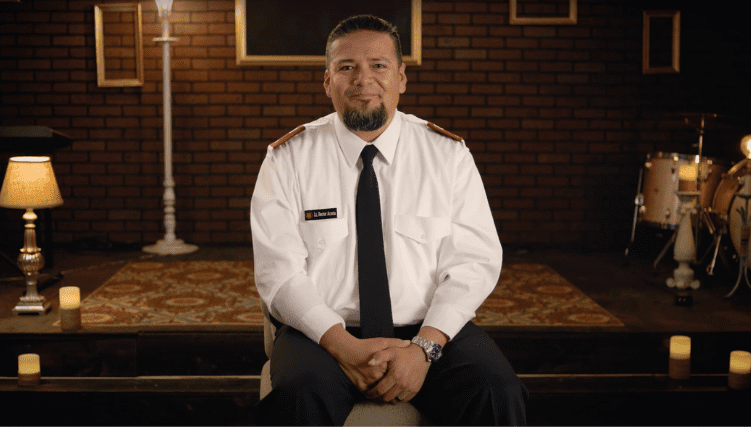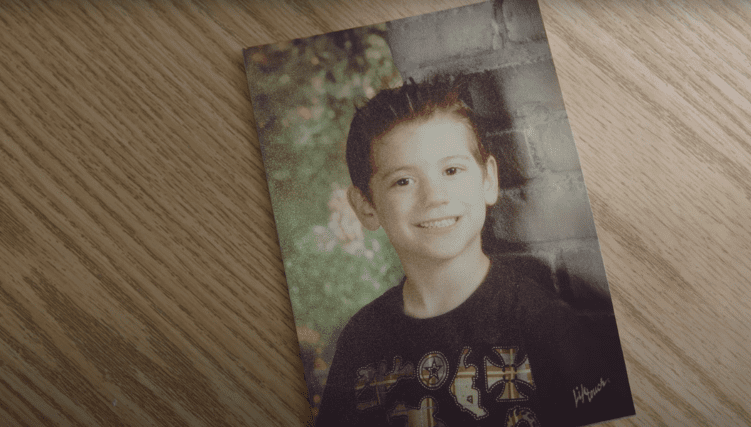Each year, on the big island of Hawai’i, dozens of teen girls run away from home to escape abusive and traumatic family situations.
Enter The Salvation Army’s Family Intervention Services.
FIS provides a rural safe house where the girls can live for 6+ months, while the staff works with them to find a proper, safe, and long-term housing solution. During their time at the safe house, the dedicated staff provides the girls with therapy, practical life skills, educational assistance, and most importantly, unconditional love and support.
Below is a transcript of the video, edited for readability.
***
Zyrie: I’m 17 years old, and I’m from Kauai.
Liv: I’m 17 years old, from Ka`u side.
Ariel: I am 15, I was born in Oahu.
Zyrie: It was hard growing up. I never had a childhood. Never got to play with Barbie dolls, or whatever.
Ariel: There were a lot of good times, but the crazy times, bad times, kind of overpowered the good times.
Liv: My dad was a drunk. He was abusive. They get their liquor, they get drunk, they start flying stuff, yelling and stuff.
Zyrie: I got raped by my dad when I was three. Then he died.
Ariel: My dad, he was very abusive. He was getting into hard drugs. And there was this one time, I think he was thinking I was my mom, because then he started hitting me like my mom, and he started hitting my head into the wall. And then to a point where there was a hole, and he dragged me down the stairs and started beating me up.
Liv: I was really bad. Like, I would fight, like beef out, mob kind. I had straight F’s. I got held back so many times.
Zyrie: I mean, Kauai is a small place. I mean, you can get drugs anywhere. I started to shoot up, and after the first time I did it, something went wrong. I guess it was laced with something.
Liv: I ran away from home, didn’t want to be home. It was rough. Until I came to this program.
Roxanne Costa: Our girls safe house—Noho’olu—means, ‘Living in Grace.’ Primarily, we deal with girls who are involved with the juvenile justice system, and a lot of them are runaways, getting involved in substance abuse, you know, not going to school. Our thing is to assess and find out what was going on and how can we get the services that they need to get them back on that right track.
Zyrie: The thing I like about this house is it’s a normal, typical house. I’ve never had my own bed.
Roxanne Costa: We always want our kids to feel like this is their home. I belong here, I take ownership here. Lounging around, talking stories, cracking jokes with each other. Then we’re doing schoolwork, we’re getting serious.
Rosalyn Ioane-Ogawa: We do therapy treatment, involve family therapy, so trying to give them the tools to help them so when they go back home, it’s easier to cope. Instead of running and going back to their old ways. They can stay between six to nine months.
Roxanne Costa: Our goal is always to reunify family. We’ve always been here to help our families get back together with the right services and make sure all the safeguards are in place that they can go back home.
Liv: I used to not like my mom, because of the stuff that she did to me when I was younger. But they helped me connect with my mom instead of holding a grudge.
Roxanne Costa: But some of them you just cannot. We have to look at the foster care system, or a Hanai system, or another placement option. You’re working with injured, hurting, hurting children, and we just got to get them to see that they are cherished. They are loved. Here, we’re so country. Because we’re so isolated, the girls can focus on themselves.
Ariel: They taught me how to cope with things healthier.
Roxanne Costa: Our staff here, they bring their own skills to the table.
Liv: Auntie Kris taught me, you can do manly stuff even though you’re a woman. Like, it’s okay. You can do the yard work, weed whack, and you don’t need to just do house chores. You can do outside chores.
We’ll challenge each other like, “Oh, I can push it further. I can get it done first.” The other’s like, “No way, you weak!”
Roxanne Costa: Uncle Randy, he loves woodwork. We started doing small benches and that made into bookshelves.
Ariel: Uncle Randy, when he first taught me the wood stuff, I really wanted to cry because I was like, this is like my dad. He is that, like, father figure I really want, and I hope to have. He taught me a lot of things that I realized my dad should have taught me: self-respect, how to carry myself. He showed me how we’re really supposed to be treated and loved, you know?
Roxanne Costa: We’re very family-oriented here. We call it Ohana. They all know when they’ve had bad days, it’s like “Auntie, just let her go.” And yet when they know, when they go in there, jump on the bed, like, “tickle tickle tickle,” get her up and laughing and let’s go do something fun and crazy, so it’s not just staff, but the kids themselves do it to help each other out through those hard days.
Liv: There’s this girl that came in here that I fought before, and we became best friends.
Zyrie: Me and Auntie Ros got really close. I see her as another mother-figure in my life.
Rosalyn Ioane-Ogawa: It’s not just like a client to me. They’re family. I’ll treat them, like, if they’re like our daughters here.
Liv: They’re really good supporters, like…this is what people and kids need. Somebody to be there.
Ariel: I’ve learned how real love really is; Family love, you know? Not so like, rough and chaotic, but like, caring and loving and being there emotionally.
Liv: So I want to be like the first one to graduate in my family and walk the line. I’m just going to show them that I’m different.
Ariel: I want to get into cosmetology. Auntie Ros’ daughter, she actually taught me how to like, do the makeup, and I started practicing more, and I noticed I’m getting a little better.
Zyrie: I’m glad I came here because I got into the Navy. But I want to be a military cop.
Roxanne Costa: So whatever they need to accomplish to get to that goal, it becomes our duty to make sure, because that’s the only we’re gonna help them succeed.
Zyrie: I thought I wasn’t going to be anybody. I thought I wasn’t going to get my diploma. I thought I was just going to be that kid who got caught up in drugs and went nowhere.
Roxanne Costa: They did all of the hard work. They had to relive the hurts they went through back then. They had to talk about it. They had to confront some people, to bring her to who she is today. And it doesn’t end once she leaves us. It’s what we do. We take care of the needs. God is all about love. And if you love unconditionally, the kids are going to see it.
Ariel: Knowing that you have that unconditional love and people who actually care for you and want the best for you, it’s pretty amazing.
I don’t know if they realize it, but they filled a big hole in my heart. They put some pieces back that was lost.
Do Good:
- See more videos like this in our video feed.
- Are you a Do Gooder, someone who cares about bringing goodness into the life of your family and community? Subscribe to The Do Gooders Podcast to be inspired by those doing good and find tangible tips for simple actions you can take today.
- Did you know The Salvation Army served more than 23 million Americans last year fighting hunger, homelessness, substance abuse and more—all in a fight for good? Where can you help? Take our quiz to find your cause and learn how you can join in today.











